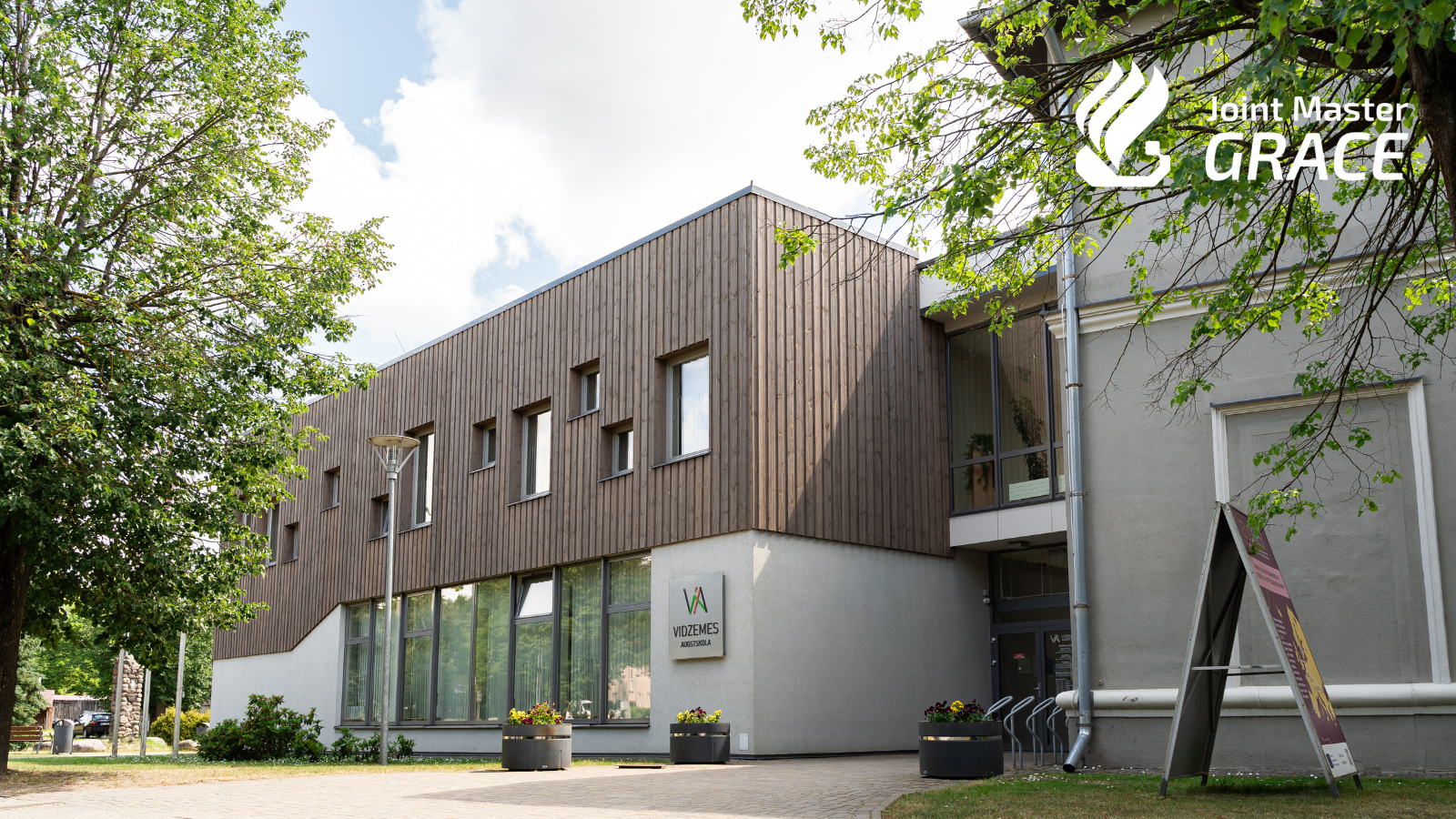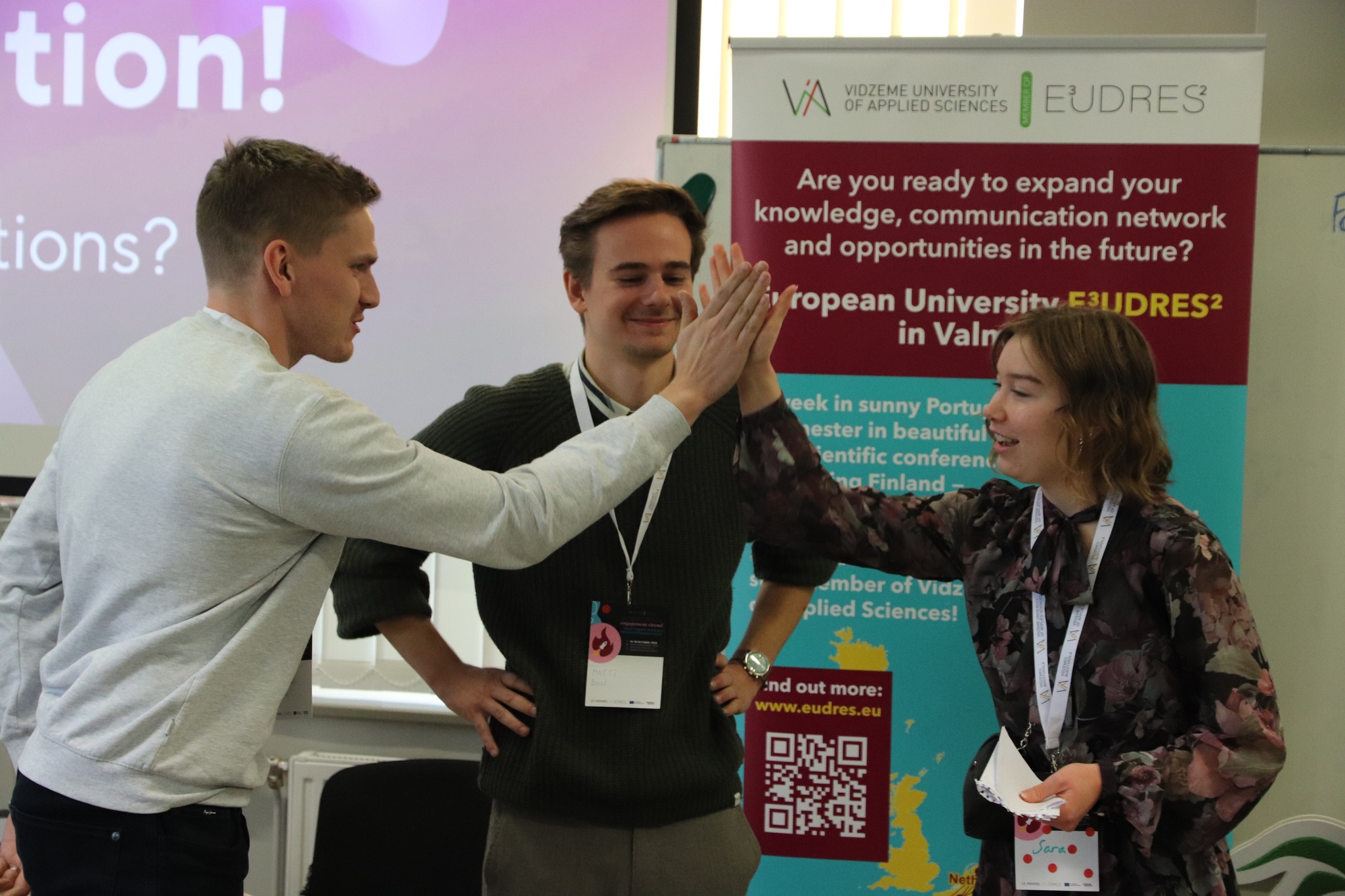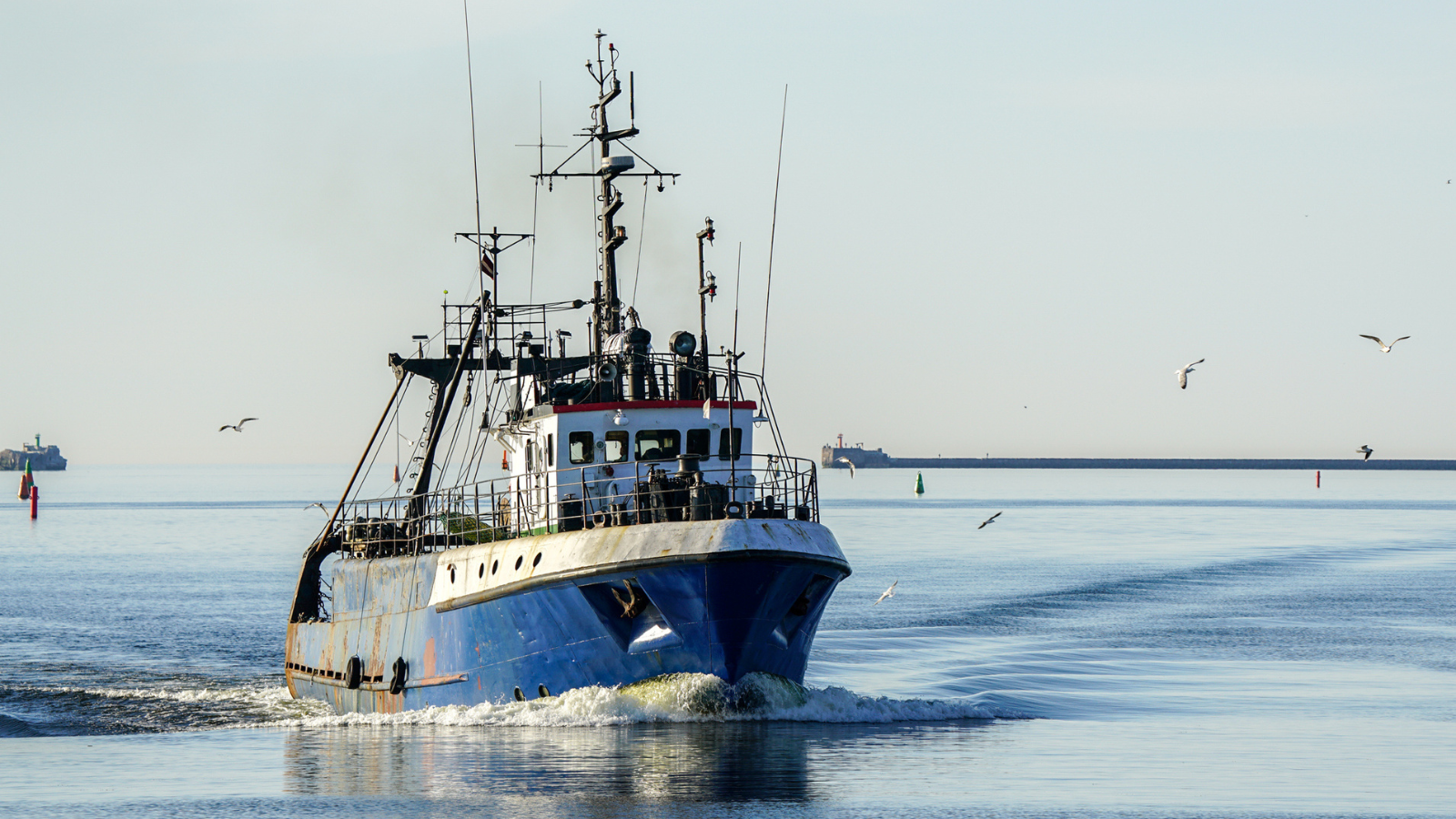International master's program “Gamified Reality Applications For Real-World Challenges And Experiences (GRACE)” established 30 Mentorship Agreements with companies and another 30 Memoranda of Understanding with HEIs, Organisations, Associations, Research Institutions, and companies expressing the intention of partners to accept a seat on the Advisory Board.
-
As partner universities within the European University Alliance E3UDRES2, the St. Pölten University of Applied Sciences (Austria), Saxion University of Applied Sciences (Netherlands) and Vidzeme University of Applied Sciences (Latvia) share common expertise in game and XR development as well as in several of the potential fields of application, such as health, manufacturing, smart industries, creative industries, or education. To bundle these competencies, a Joint Master of Science degree programme is conducted, focusing on new XR gamification-based learning applications that prepare graduates to develop innovative products for future markets. Due to its practice-integrated form of study, the E3UDRES2 Joint Master’s Programme Gamified Reality Applications for Real-world Challenges and Experiences (hereinafter referred to as “GRACE”) intensively links study and professional practice.
-
The collaboration between companies and the Consortium centres on an intricate mentorship programme that significantly benefits all parties involved, particularly students. This program is characterised by its flexibility, allowing stakeholders to determine the form and extent of mentoring that best suits their needs and resources. The range of engagement options is broad, spanning from minimal supervision with just three contacts per semester to more intensive collaborations such as fixed contracts for work or internships.
-
A key feature of this program is its collaborative approach to project development. Both companies and students have the opportunity to propose projects, fostering innovation and ensuring that the work remains relevant to both academic and industry interests. To facilitate effective partnerships, a matchmaking process is employed to pair mentors with students, taking into account factors such as skills, expertise, career goals, and project requirements.
-
To facilitate the on-boarding process and provide long-term methodological support for mentoring, we are developing a multi-level Mentorship Trainee Program for mentors as a continuing education offering. This program takes the form of micro-credentials, which complement the employee’s competency portfolio.
-
This mentorship structure creates value for all participants. Students gain practical experience, industry insights, and potential career opportunities. Companies benefit from access to fresh talent, innovative ideas, and a pool of potential future employees. Mentors benefit from gaining additional competencies. Universities strengthen their industry connections and enhance the practical relevance of their academic programs.
Find full list of companies: Mentorship Partners – Joint Master Grace
Find full list of HEIs, Organisations, Associations, Research Institutions, and companies: Advisory Board – Joint Master Grace
Companies and institutions in Latvia - SIA EXONICUS R&D, SIA "Overly Creator", SIA "BirgerMind", BIMSynch, Studio Perspective, Strenči Psychoneurological Hospital, High Hill (Fungo App), Latvian Construction Companies Association, RIGA STRADIŅA UNIVERSITY, and VREACH. Students will work closely with these partners and, upon successful collaboration, develop real, usable products with high technical readiness levels (TRL6-7).







